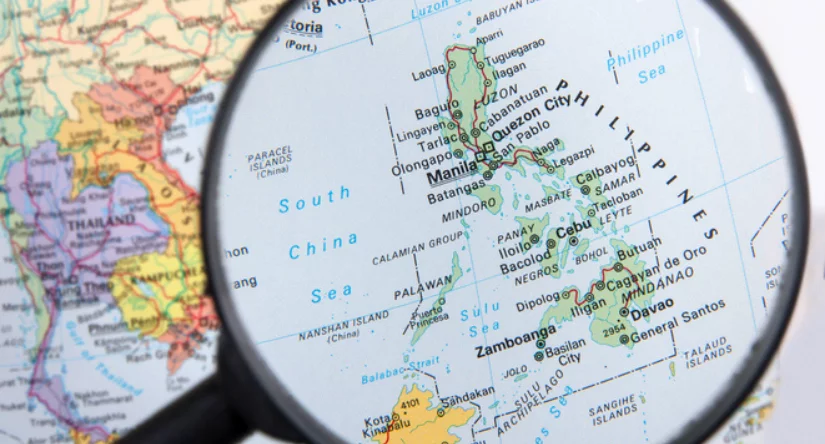
奎松市地区社区驱动的伊维菌素计划似乎将 COVID-19 病例减少了一半
毗邻马尼拉,奎松市
有 300 万人,最近来自 Barangay Matandang Balara 的政治代表宣布,
伊维菌素用于 COVID-19 适应症的标签外使用在不到一个月的时间内将感染病例减少了一半。
Mike Defensor 和众议员 Rolande Marcoleta,
组织了一个社区驱动的,
据 Barangay 卫生应急小组报告,从 4 月 30 日开始向该地区的居民提供全区伊维菌素计划。
当时有138例。
到 5 月 22 日,
感染总数下降57.2%至59例。
到 5 月 24 日,
病例进一步下降至仅 39 例感染。
The local political representative
argues for mass ivermectin distribution based on these and other observations.
Of course,
this isn’t a controlled observational studyso a number of factors could influence the trend but it’s one that TrialSite’s observing in other places,
such as Uttar Pradesh, India, where an assertive, population-wide program that includes ivermectin-based home medicine kits appears to be working in a big way.
By early March 2021,
the Philippines experienced the second and far bigger wave of the COVID-19 pandemic.By April 2, 15,928 cases were reported in one day, according to data from Johns Hopkins University.
The cases are declining now as 6,454 cases were reported on May 27, according to the Manila Standard.
Ivermectin has been touted by some politicians and physician groups, especially for the poor,
but also across socioeconomic lines in this southeast Asian nation of about 111 million people.
On May 7, TrialSite reported the ivermectin topic continued to drive controversy as a growing proponent group fought that sufficient data was now available to broadly distribute the drug such as in India
while a larger and more influentially represented group took the stand of the World Health Organization (WHO), arguing more clinical trials data is needed.